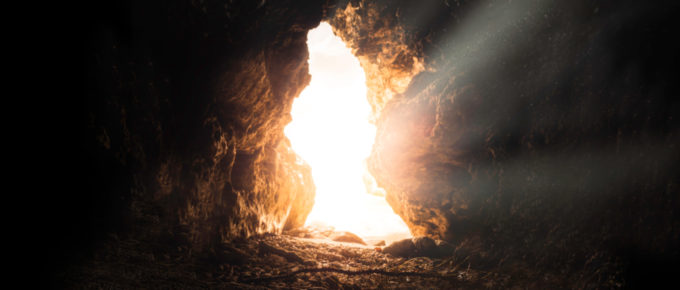We have different ways of knowing, and we have different patterns of forgetting. Facts and details that we don’t use regularly fade, distort or disappear altogether. Concepts, patterns and generalized principles remain as an underlying skeletal structure. Where we value factual knowing over conceptual reasoning, though, we can call into question what we know and what we don’t. That is particularly challenging when we start making sense of emerging trends and new technologies that seem impenetrable, obscure and yet unnervingly popular and hyped. It can feel like you are missing something fundamental. The reality is that it is the fundamentals that are often missing instead.
What is the Value of a Personal Strategic Plan?
Strategic plans move in and out of favour. Even for organizations, they are often dismissed as unworkable, inflexible or inappropriately vague. To take the same principles and apply them personally can feel overly formal or downright pretentious. At the same time, the tools of time management don’t provide a lot of guidance beyond today and this week. They might nod in the direction of longer term planning, but they don’t offer a great deal of direction on how to get there. So what’s the value of building personal strategy, what does it look like and why should you care?
Planning Your Post-Pandemic Future
That we are in a collective and unprecedented liminal experience is pretty much beyond debate. We are also now at a point where we can see the return to something like normalcy being dangled tantalizingly before us, somewhere in the near-distant future. The question is where we want to go from here. The pandemic is a universally experienced imposition of reality where none of us had control. Emerging from the pandemic, however, is an entirely different proposition. We have choice. We have opportunity. We have agency. But what do we do with it?
We Are All Liminal Still
It’s been a year now since we all went over the cliff together and entered the space of the pandemic. We have arguably been held in liminal space ever since, individually and collectively. That’s an entirely unusual, difficult, complicated and unprecedented place to be. Liminality usually defines the transitional space for individuals or small groups. It is rare that an entire society is plunged into the void, without clarity, guidance or a clear way out. A year on, we’re still in a liminal space. Here’s what that means, and what it could mean for what comes next.
Finding The Things That Matter
Doing our best work often means pushing past what is familiar, safe and comfortable. This is particularly true when the work we are doing is complex and uncertain, where we face many options but no obvious choices, and when each decision introduces new complexities and consequences. There is no clear plan, no well-defined path and few easy answers. Leaving our comfort zone and building good solutions to challenging problems means we still need some means of navigating and course correcting. The form that takes requires answering some different and difficult but absolutely essential questions.
Finding the Things That Are True
I have always taught that a central principle of managing projects is that you should have a clear picture of what “done” and “done well” look like. That’s easy to define when something is straightforward and clear. It becomes much more complicated when we start straying into the realm of creativity, and of doing work that is complex, messy and uncertain. When we have many choices and options of how we might proceed, and those choices lead exponentially to other implications and impacts, it can be hard to know how to proceed, where to look or where the finish line is. The good news is that there are some thing to look for that can help.






